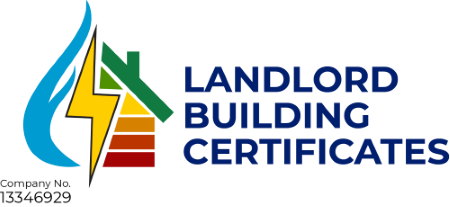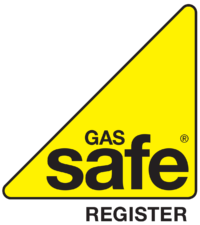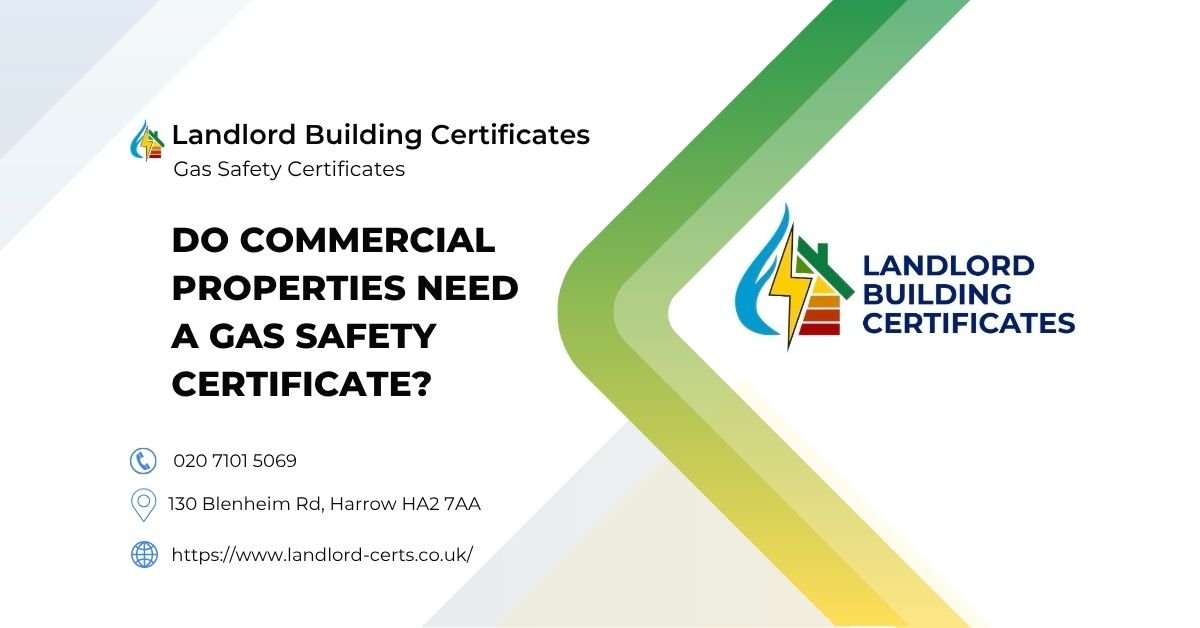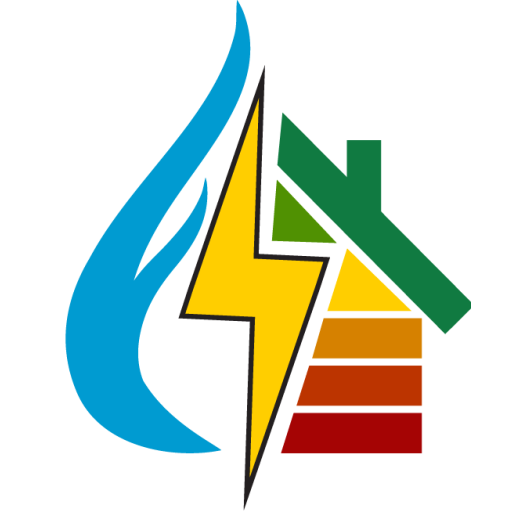Do commercial properties in the UK legally require a gas safety certificate?
Yes, all commercial properties in the UK that contain gas appliances or gas installations are legally required to hold a valid Gas Safety Certificate. This certificate, also known as a CP42 in commercial settings, confirms that all gas equipment, pipework and flues have been inspected by a qualified Gas Safe registered engineer and deemed safe to use. This requirement is part of a broader regulatory framework to ensure the safety of employees, tenants and the general public in commercial premises.
Here's What We Have Covered In This Article
Why gas safety matters for every commercial building
Safety plays a key role in managing commercial properties in the United Kingdom. From restaurants to warehouses, making sure gas appliances are functioning correctly helps protect everyone on site and keeps your operations legal. Under UK law, commercial property owners and landlords must arrange regular inspections of any gas appliances or systems. Holding a current Gas Safety Certificate is also a common requirement for insurance policies, lease agreements and property transactions.
What a CP42 Gas Certificate actually covers
What does a commercial gas safety check include?
A CP42 Gas Safety Certificate confirms that gas installations and appliances in a commercial property have been tested and passed all required safety checks. This includes assessments of boilers, cookers, water heaters and any other gas powered systems.
Gas Safe registered engineers carry out these inspections. They check for gas leaks, inspect flues and ventilation, confirm appliance condition and test pressure levels. The certificate lists which appliances were tested, what checks were made and whether any further work is needed.
Which commercial buildings need a CP42 certificate?
You will need a certificate if the property includes any gas appliances, systems or pipework. That applies to:
-
Commercial kitchens and restaurants
-
Hotels and guest accommodation
-
Offices with gas boilers
-
Factories using gas tools or heating systems
-
Storage units and warehouses with gas powered heating
Properties with inactive but connected gas systems may also need an inspection. This confirms they are safe and helps avoid insurance or compliance problems.
What the law says about gas safety in businesses
Which gas safety laws apply to commercial premises?
The Gas Safety (Installation and Use) Regulations 1998 set out the legal duties for businesses. If your building has gas installations, you must keep them in a safe condition and arrange annual checks carried out by an engineer certified for commercial work.
When do inspections need to happen?
Gas safety certificates are valid for 12 months. You will need to book a new inspection each year before your certificate runs out. This helps you avoid legal issues and ensures you can show proof of compliance at any time.
What are your responsibilities under workplace safety rules?
The Health and Safety at Work Act 1974 also applies. It requires business owners and property operators to protect people from harm. Making sure your gas appliances are checked and maintained is part of this legal duty.
Do you need a certificate for insurance and leases?
Most commercial insurers expect a valid certificate if gas appliances are present. If your building lacks one, it could make claims more difficult. Prospective tenants and buyers will also want to see up to date gas certification during lease or sale negotiations.
Who pays for and arranges the inspection?
How to know if it’s the landlord or tenant’s job
The lease agreement normally decides who handles gas safety certification. If the landlord owns and maintains the appliances, they usually book the inspection. If the tenant has fitted gas equipment in their area, they may be responsible.
The lease should make this clear. It should say who arranges the check, who keeps the certificate and who needs to carry out any repairs identified in the inspection report.
Pro Tip: Add a clause in every lease clearly assigning responsibility for gas inspections. This prevents disputes and speeds up compliance during audits or inspections.
Book a Certified Gas Safety Check Today
Stay legally compliant and protect your tenants with a qualified inspection.
Real world examples of when a CP42 is needed
You’re running a kitchen that uses gas ovens or hobs
You will need a gas safety inspection once a year. This applies to commercial caterers, takeaway shops, restaurants and food businesses operating gas powered equipment.
There is unused gas pipework in your building
Even if appliances are disconnected, old gas pipework can present a hazard. A certificate shows that the installation has been checked and is safe.
The building houses several businesses
If tenants share gas systems, the landlord often takes care of certification. Where systems are independent, tenants usually handle checks for their area.
Booking your commercial gas inspection
Start with a qualified engineer
Check the Gas Safe Register and choose someone who is authorised for commercial systems. You can use the engineer’s ID number to confirm their qualifications.
What happens on inspection day?
The engineer will check each appliance, test pipework, look at ventilation and check flues. They will carry out tightness testing, check burner pressure and assess combustion.
Receiving your certificate
If the system is safe, the certificate will be issued. If something needs fixing, the engineer will tell you what to correct before they can provide the certificate.
Keep your certificate safe
Certificates must be kept for at least two years. Landlords and tenants may need to show them during compliance checks, lease reviews or insurance renewals.
Bundle Your Certificates and Save Time
Get your CP12, electrical, and energy certificates done in one visit. Save time and simplify compliance.
What engineers look for during a commercial gas check
Which systems are checked?
Appliances are tested for performance, pressure, efficiency and safety. Pipework is checked for corrosion and damage. Control systems are tested to make sure they operate properly.
How do engineers test ventilation and pressure?
They make sure there is enough airflow around appliances. They also check that flues are free from blockages. Gas pressure and burner settings are tested to confirm they are within safe ranges.
How long until you get the certificate?
If there are no issues, the certificate is provided the same day or soon after. If repairs are needed, those must be completed first.
Why keeping proper records can save you from penalties
What records do you need to hold?
Landlords or responsible persons must keep each CP42 certificate for a minimum of two years. It’s also recommended to log all maintenance, servicing and repair work for gas appliances.
Who needs access to these documents?
Tenants, insurers and local authorities may request to see proof of gas safety compliance. If you’re managing multiple properties or units, maintaining clear records helps demonstrate your legal responsibilities are being met.
What happens if your property fails a gas safety inspection?
Can a CP42 be refused?
Yes. If an appliance or gas system is found to be unsafe, the engineer will not issue a certificate. They’ll explain what is wrong and provide details of what must be corrected.
Do you have to stop using gas appliances?
If the engineer finds an Immediate Danger (ID) fault, the appliance will be disconnected. You must not use it again until it has been repaired and retested. Delaying repairs or continuing use can result in fines or prosecution.
What are the financial and legal consequences?
Failing to comply with gas safety requirements can result in large fines or even imprisonment. It can also void your insurance policy and affect your ability to lease or sell the property.
When a CP42 certificate is not enough on its own
Do you also need a gas risk assessment?
In some settings, especially high-risk environments or where multiple appliances are used, a full gas risk assessment may be needed. This goes beyond the standard inspection and looks at ventilation, occupancy load and potential hazards in day-to-day operations.
How does this affect your responsibilities?
The Gas Safety Certificate is only one part of overall safety compliance. You may need to consider staff training, regular servicing plans and emergency procedures to meet your full duty of care.
How landlords and tenants can work together to stay compliant
What’s the best way to manage shared responsibility?
Open communication between landlords and tenants helps avoid missed inspections or disputes. Use a shared calendar for certification deadlines and agree in writing on who books inspections and who receives copies of certificates.
Should tenants be trained on gas safety?
If tenants are responsible for operating or maintaining gas appliances, they should receive basic training. This ensures they recognise warning signs and understand when to call an engineer.
Simple upgrades that improve gas safety even further
Should you install carbon monoxide detectors?
Carbon monoxide detectors are a low-cost way to monitor air quality and detect unsafe emissions early. Install them near gas appliances and in staff break areas for added safety.
Are there gas shutoff valves you can control remotely?
Smart shutoff valves are available for some systems. These allow remote isolation of gas supply in an emergency, which can protect both people and property.




